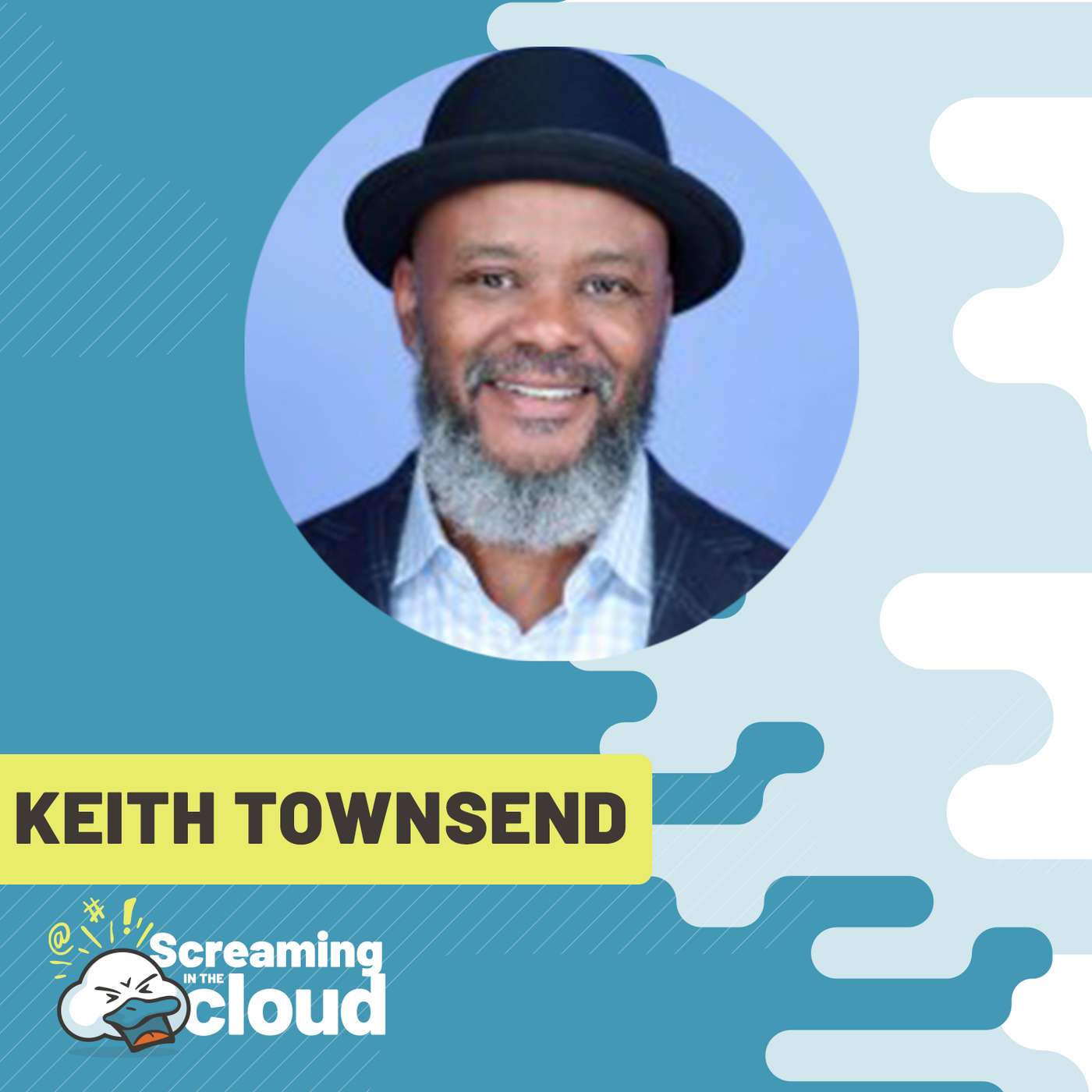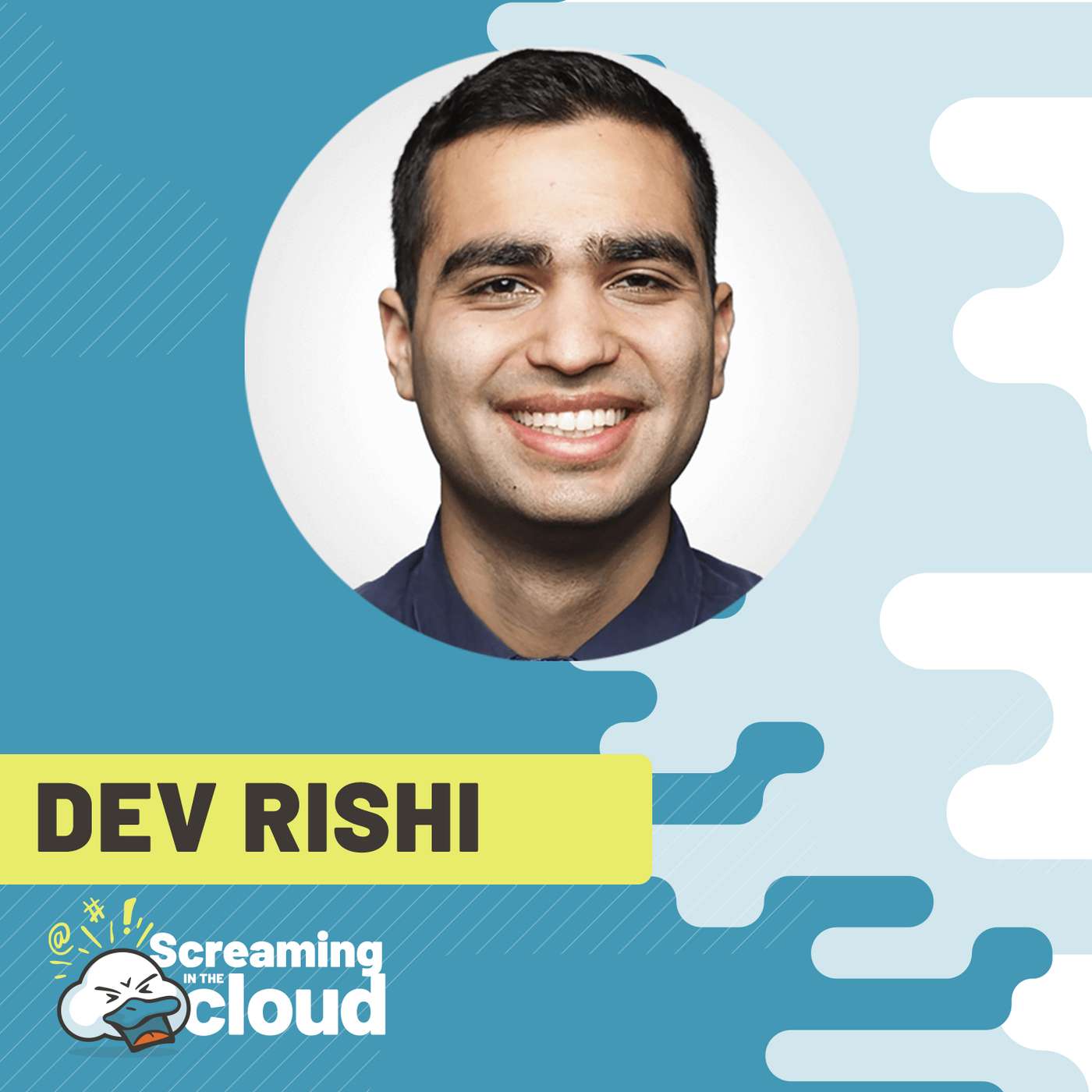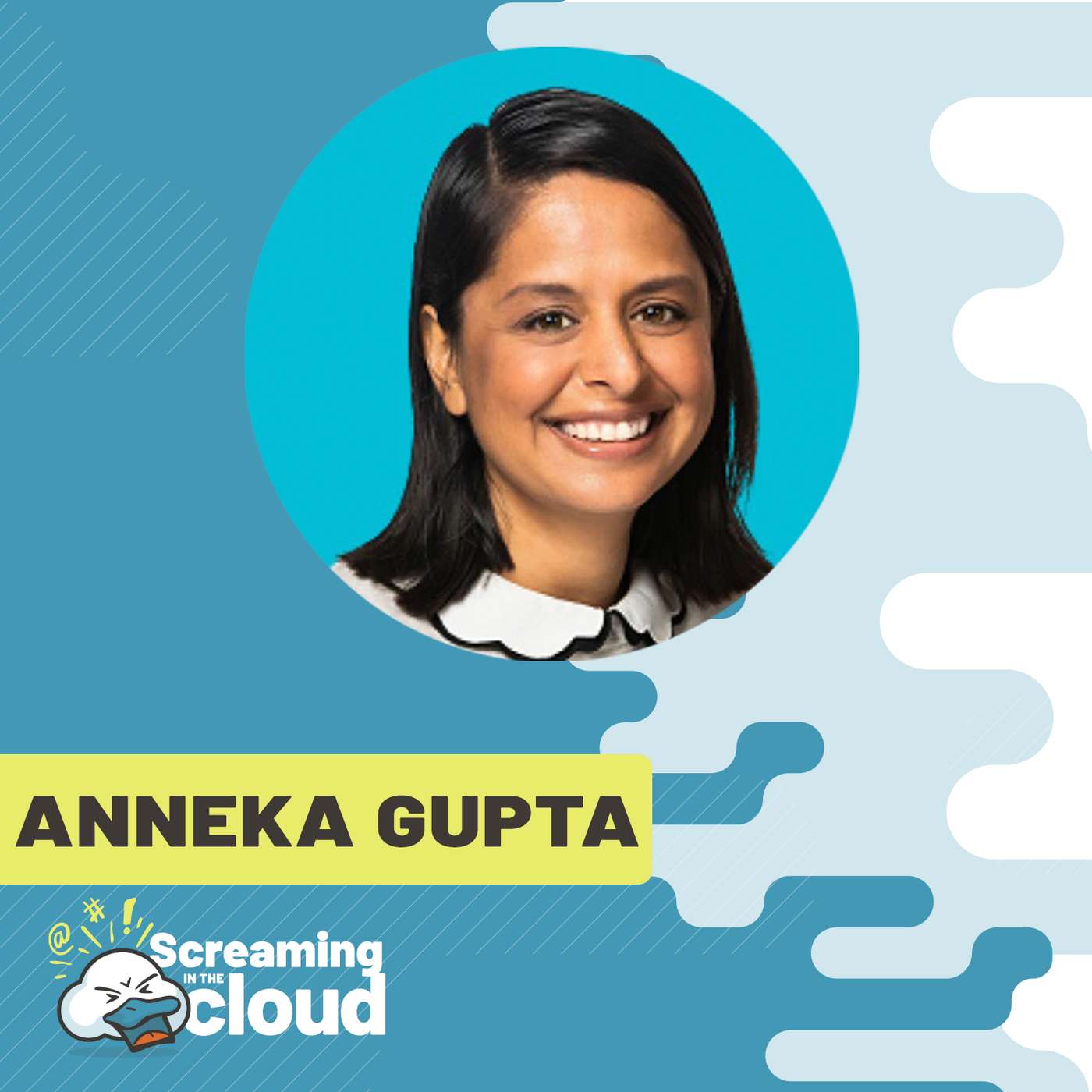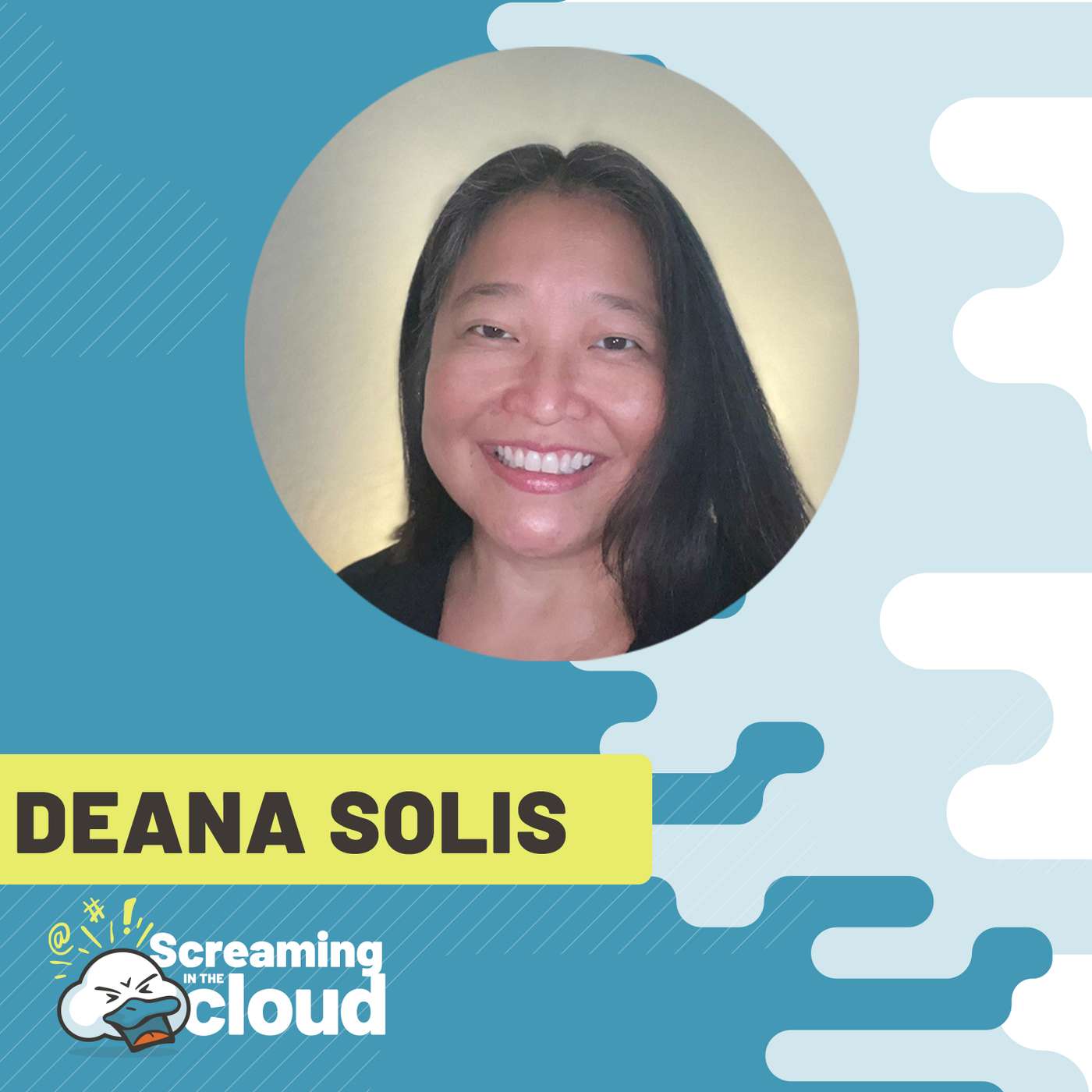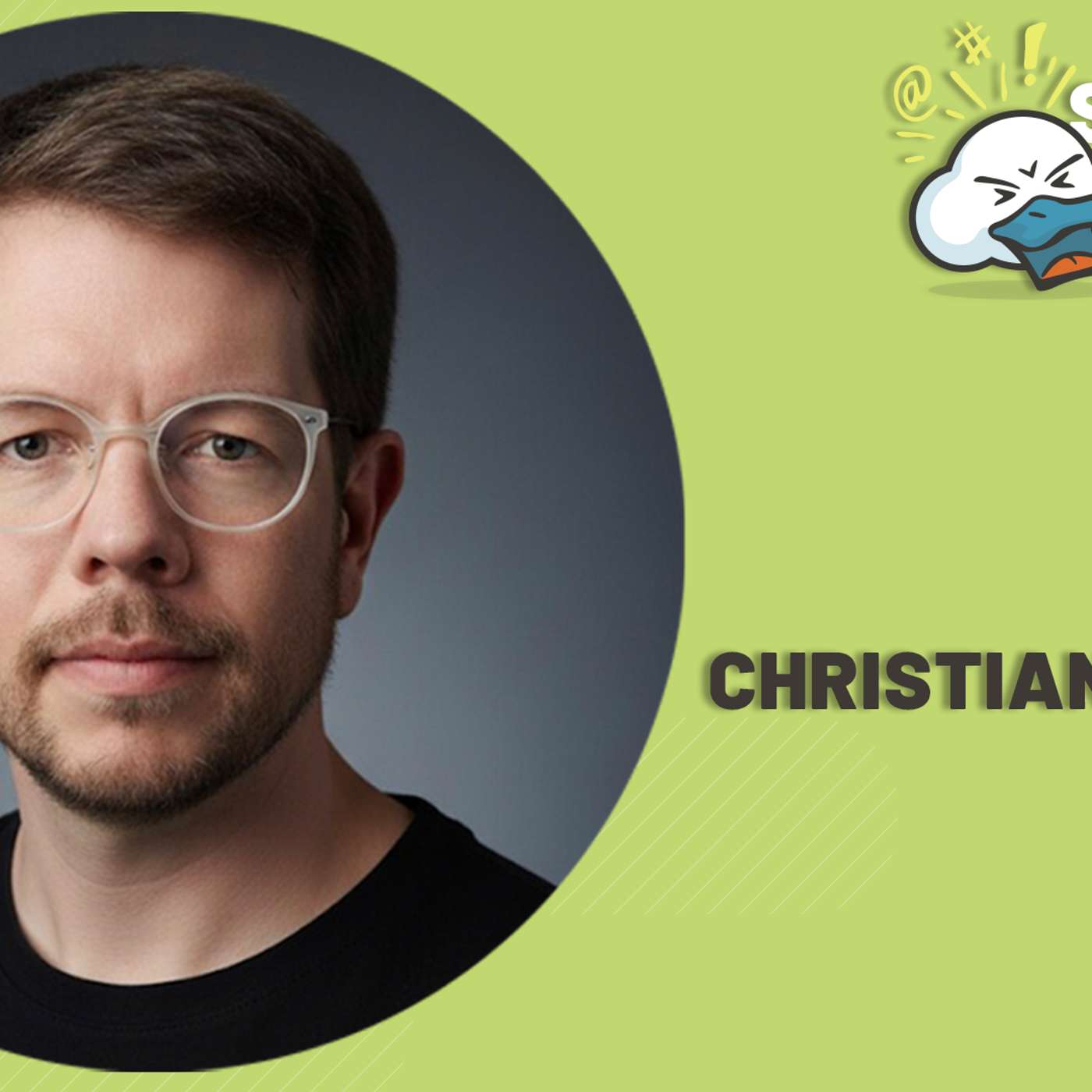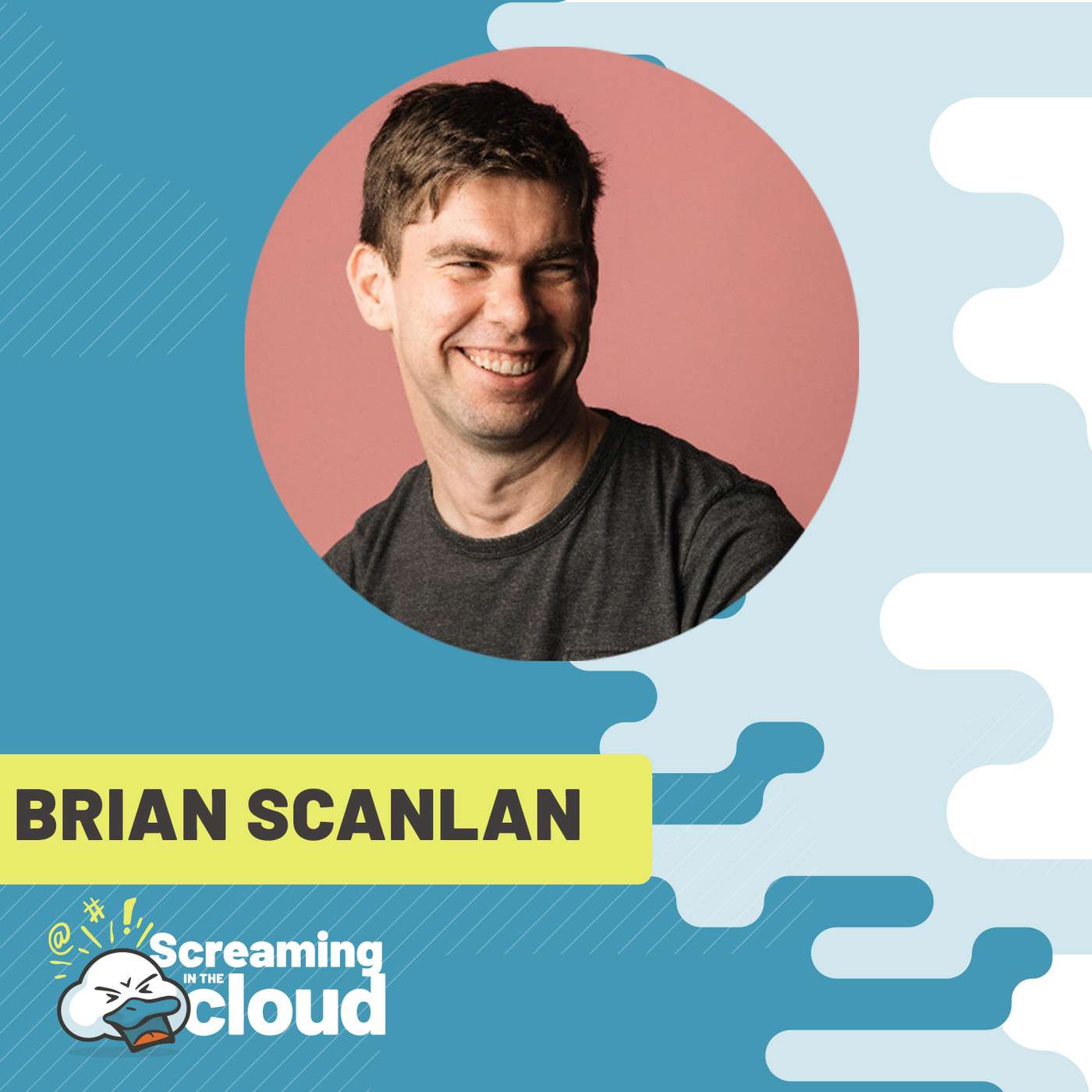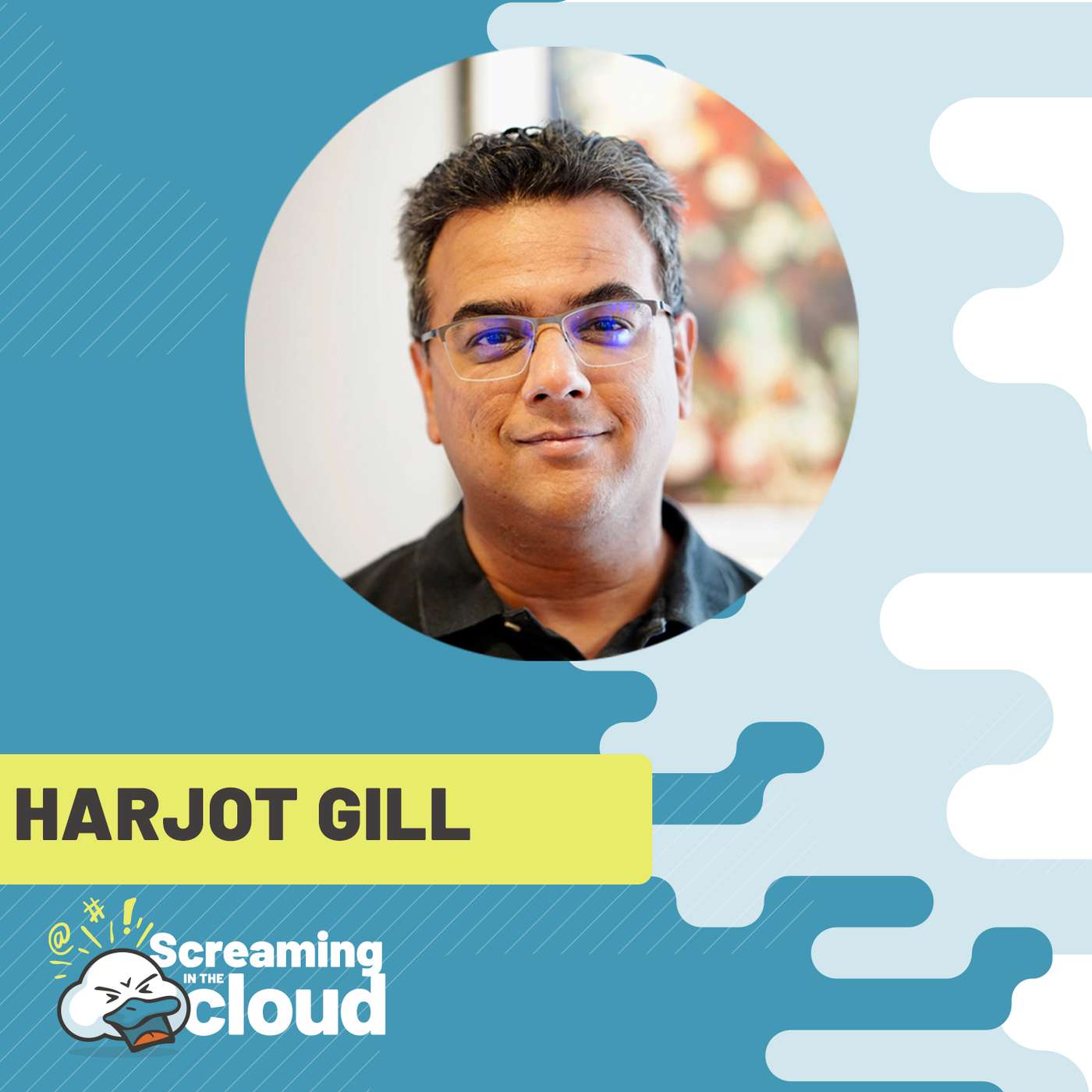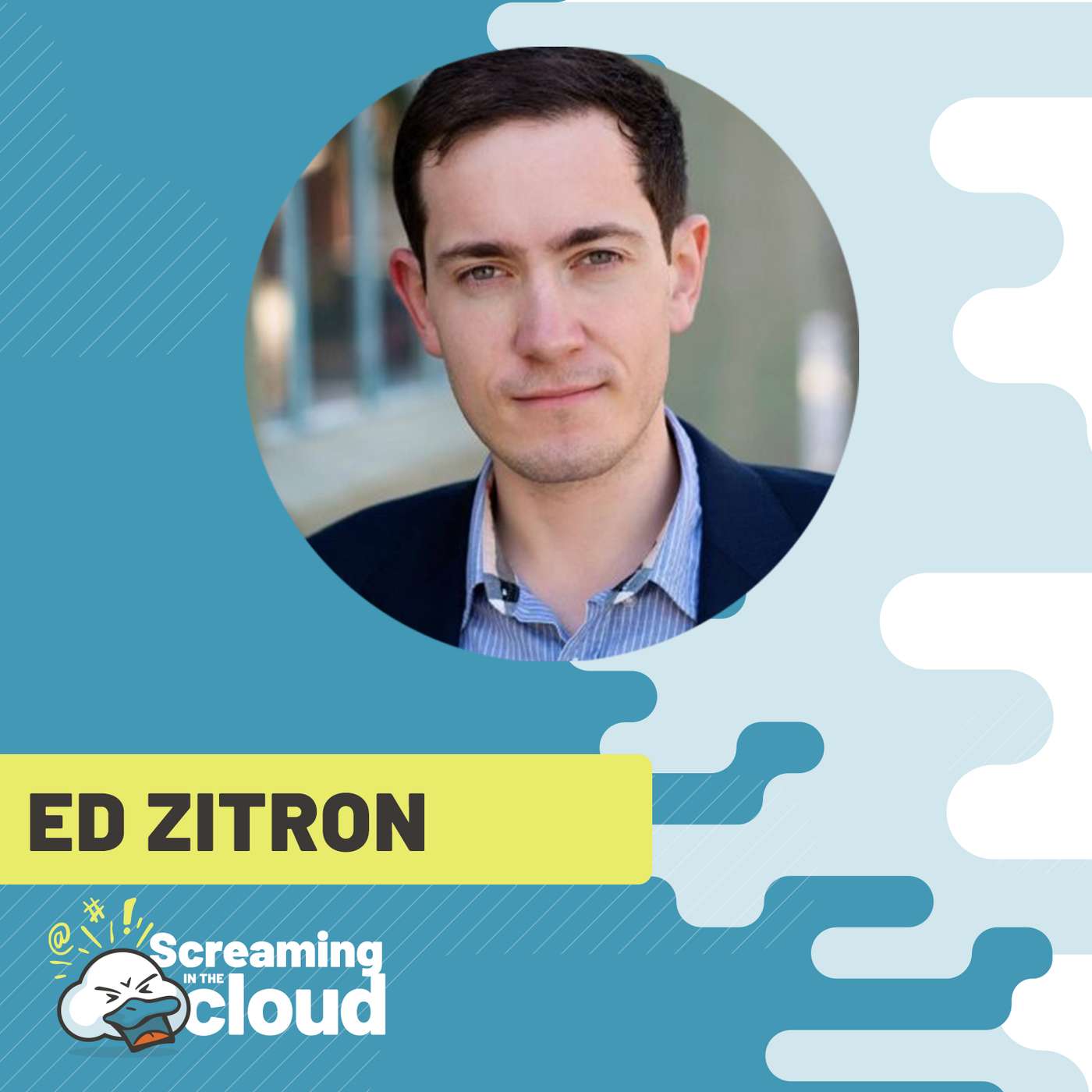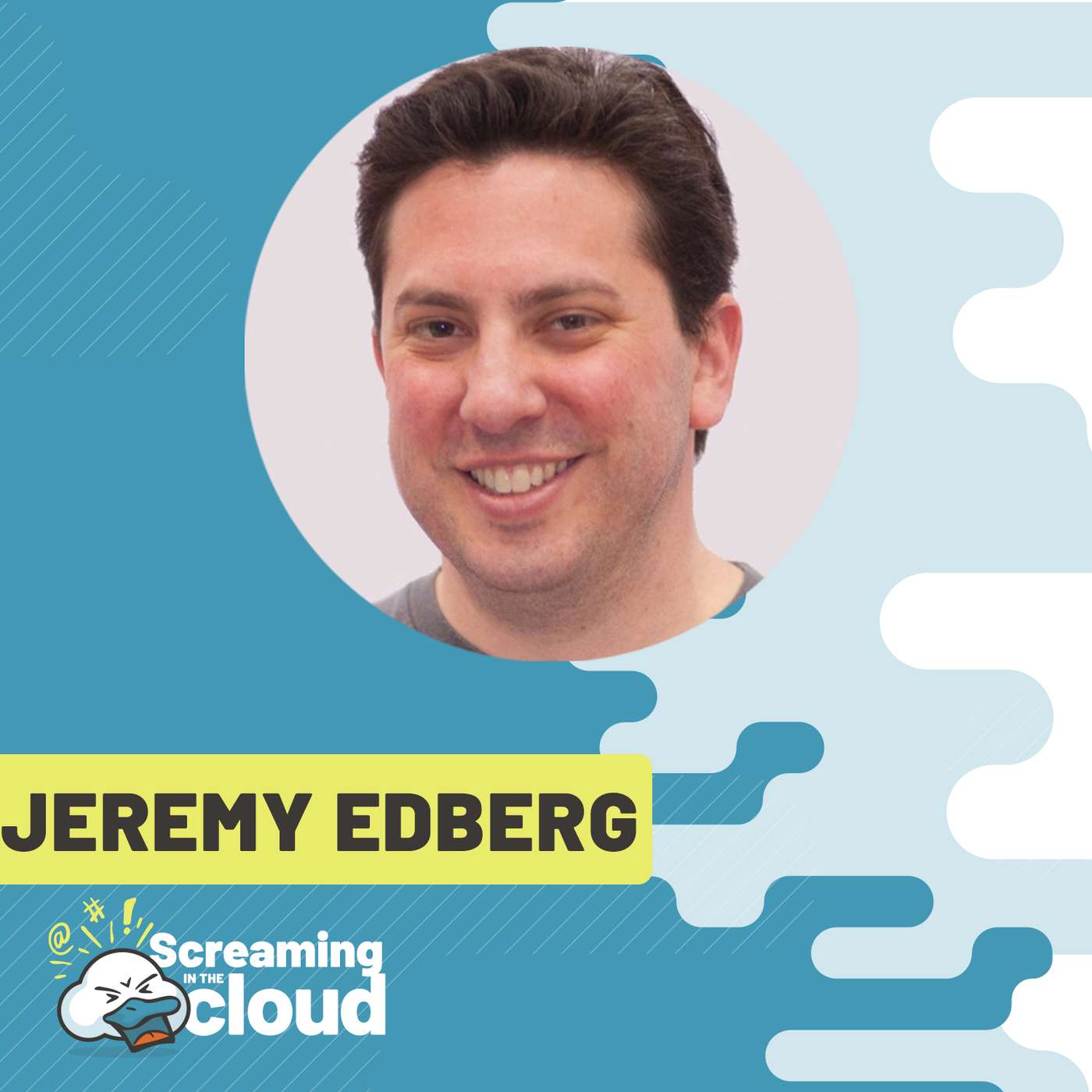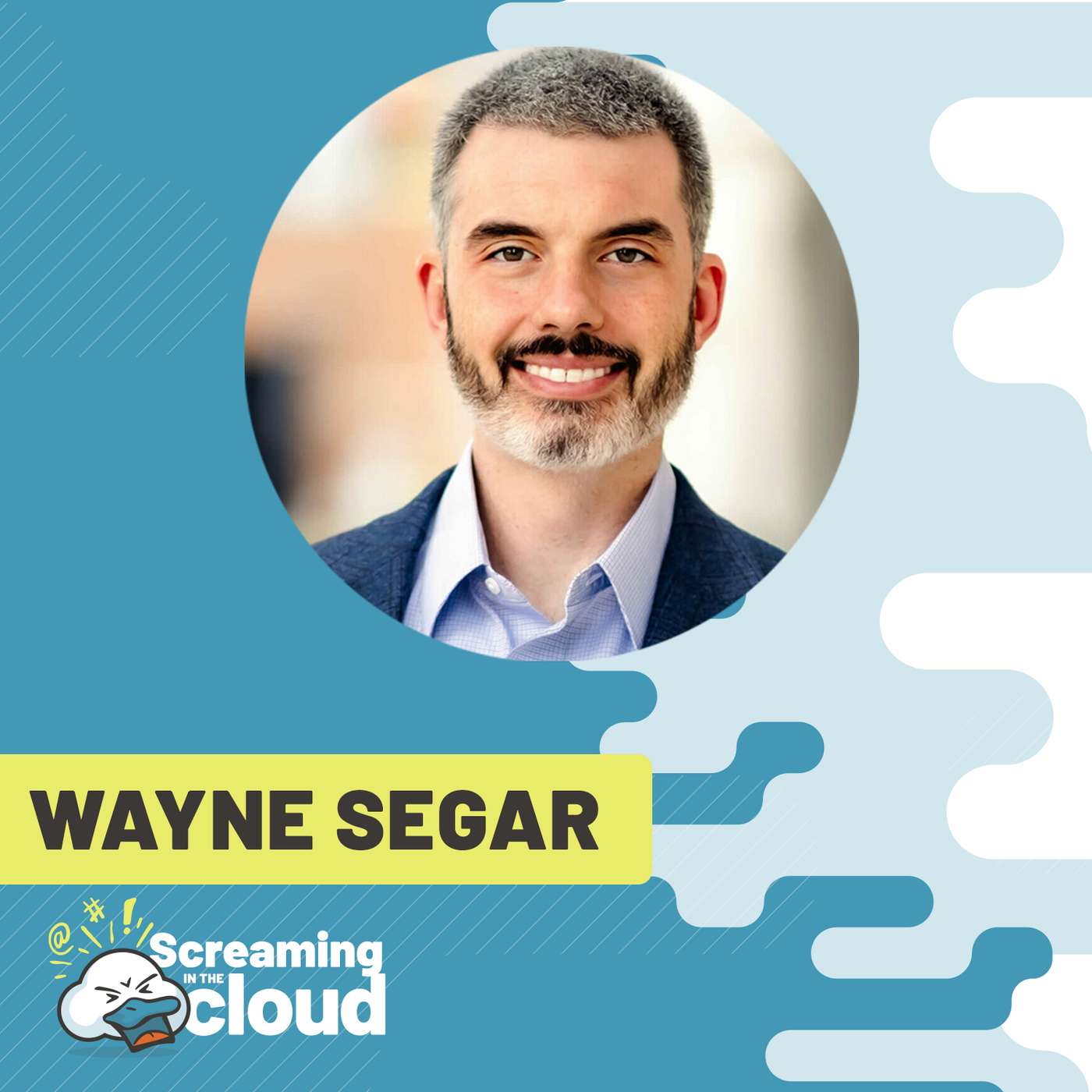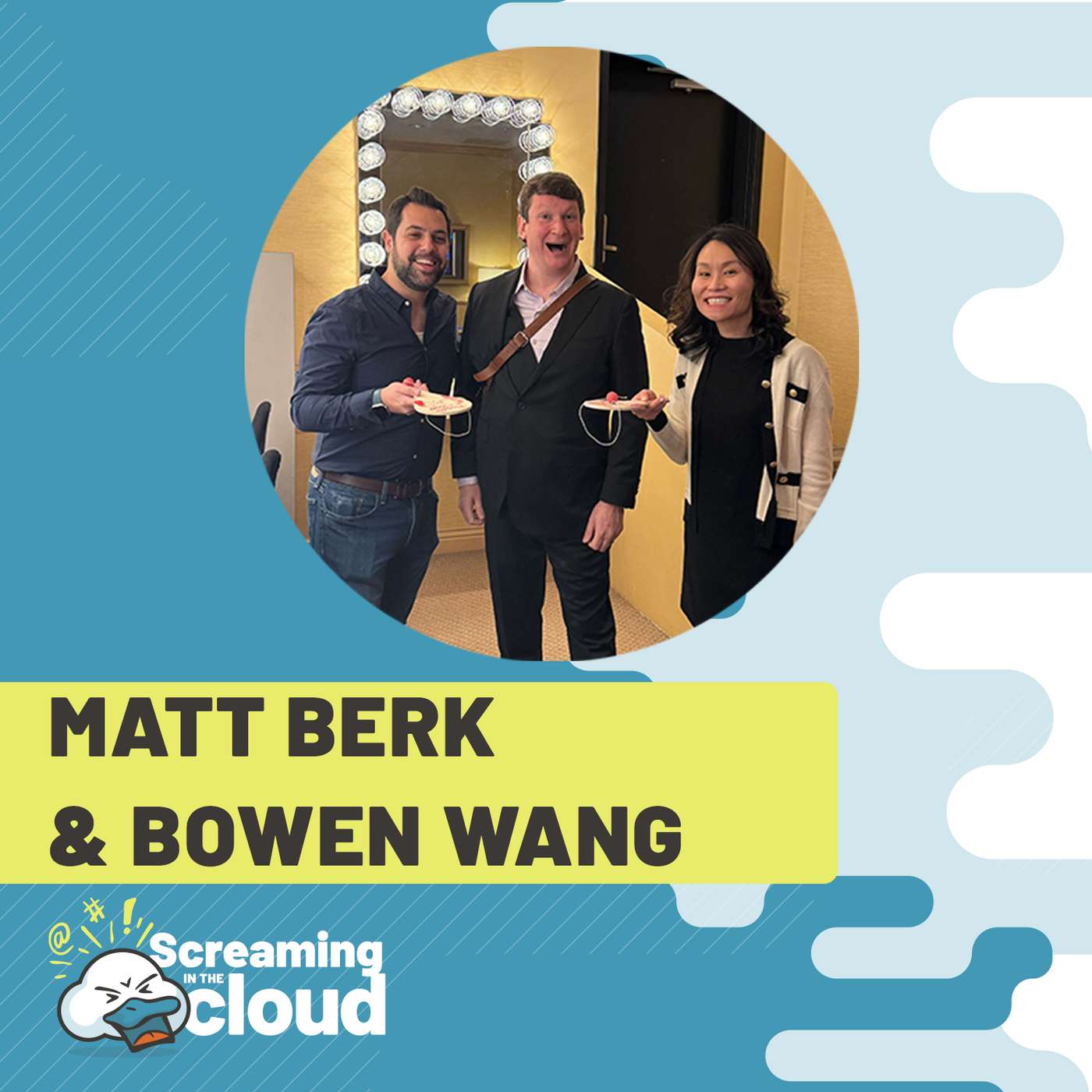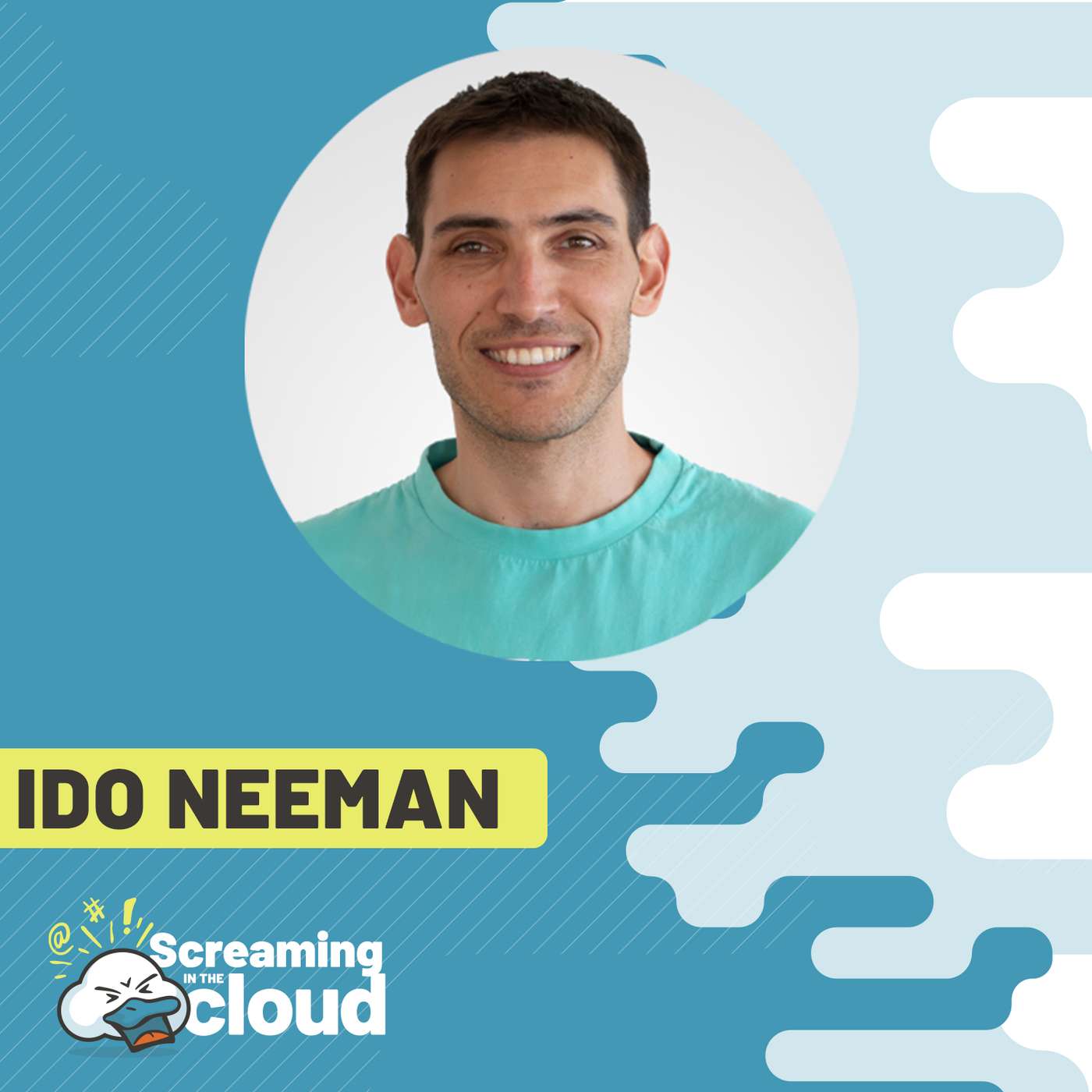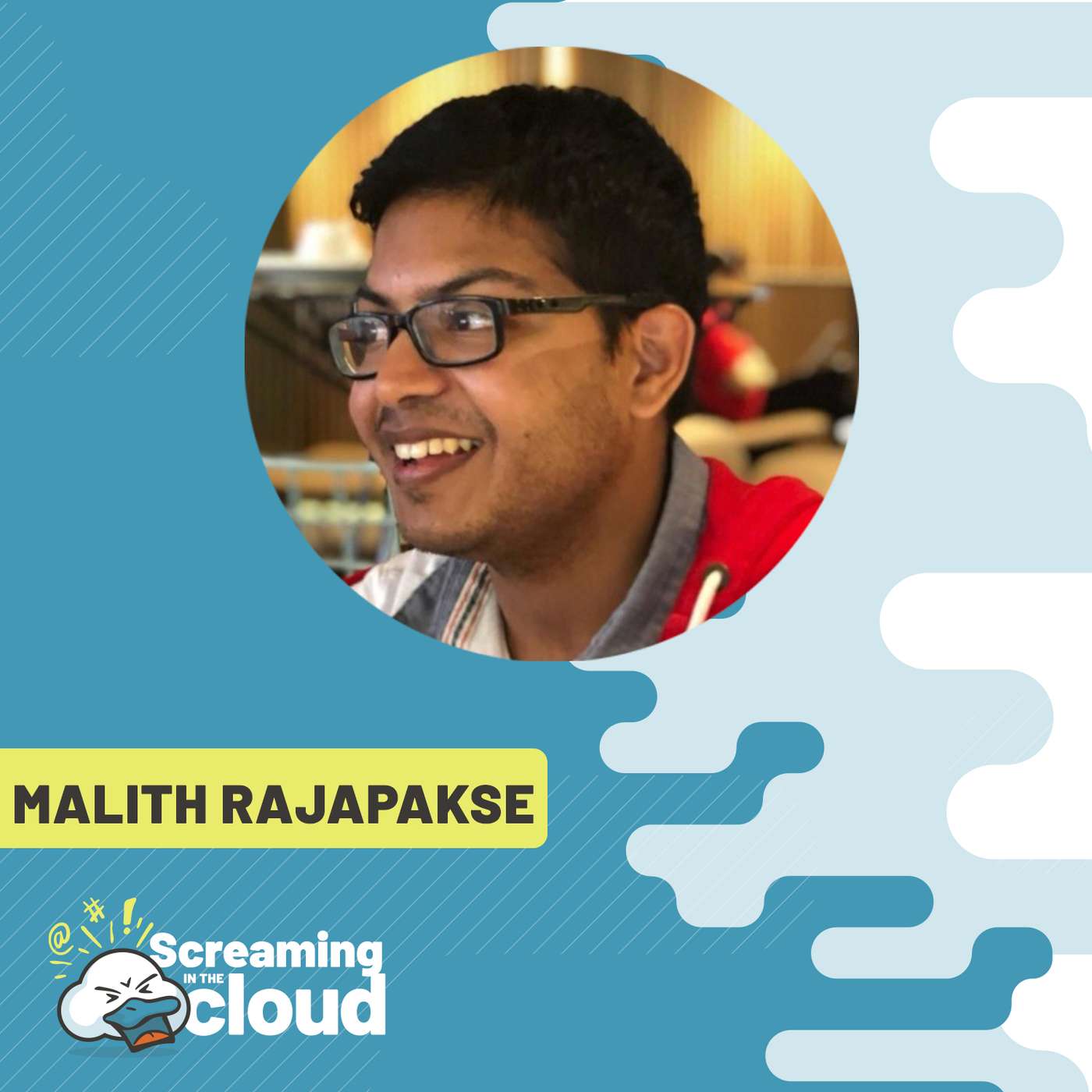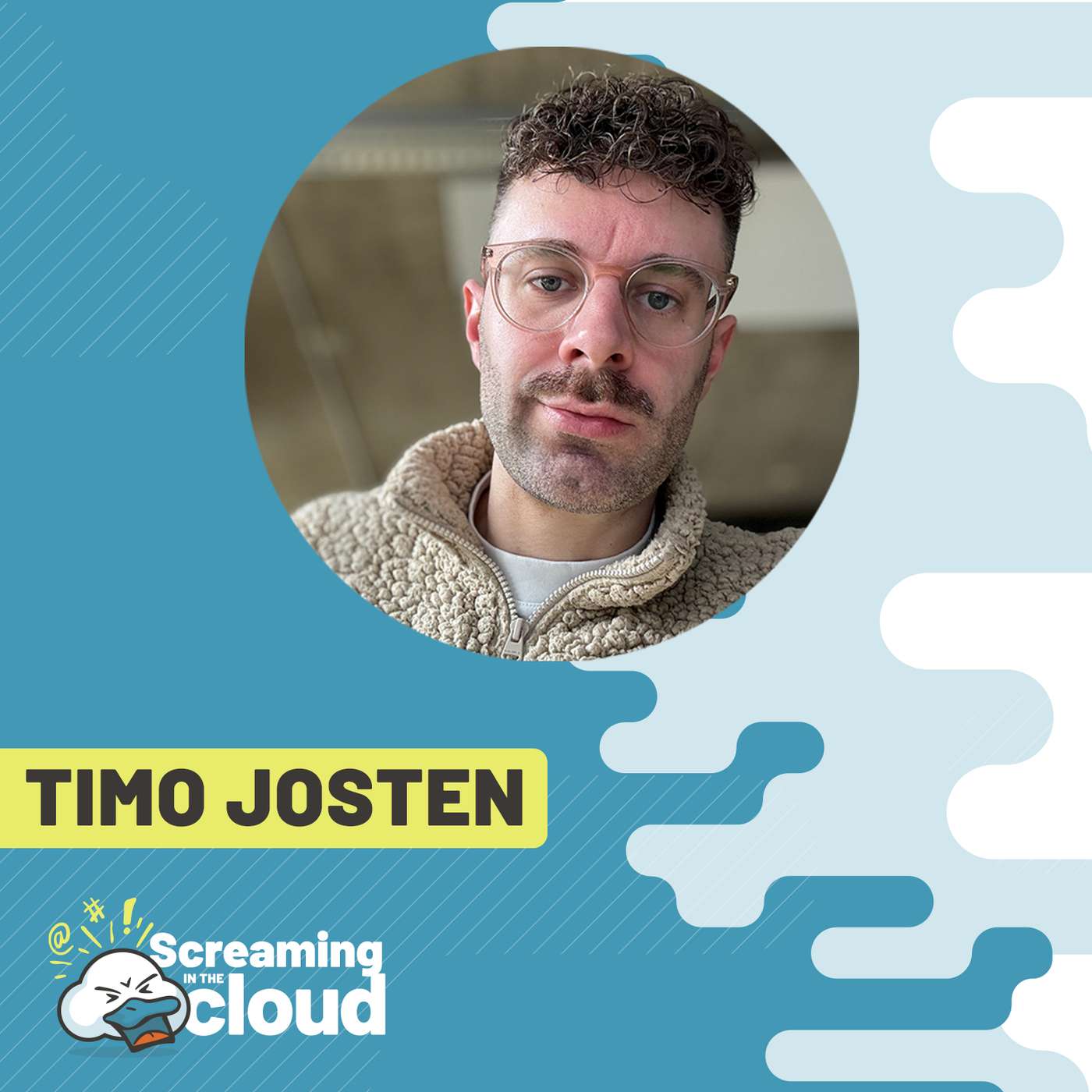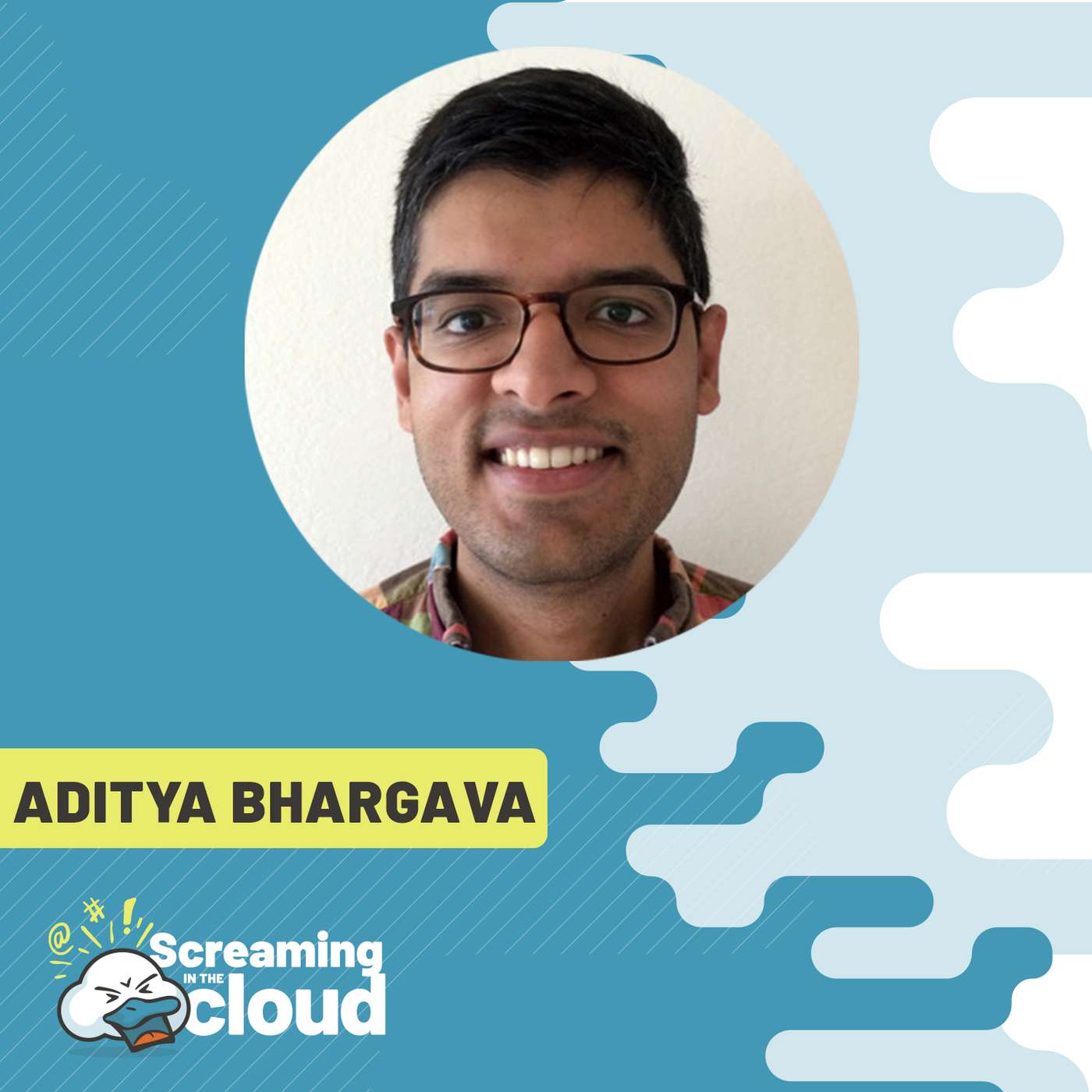Using Data to Tell Stories with Thomas LaRock
Description
Thomas LaRock, Principal Developer Evangelist at Selector AI, joins Corey on Screaming in the Cloud to discuss why he loves having a career in data and his most recent undertaking at Selector AI. Thomas explains how his new role aligned perfectly with his career goals in his recent job search, and why Selector AI is not in competition with other data analysis tools. Corey and Thomas discuss the benefits and drawbacks to going back to school for additional degrees, and why it’s important to maintain a healthy balance of education and practical experience. Thomas also highlights the impact that data can have on peoples’ lives, and why he finds his career in data so meaningful.
About Thomas
Thomas’ career and life experiences are best described as follows: he takes things that are hard and makes them simple for others to understand.
Thomas is a highly experienced data professional with over 25 years of expertise in diverse roles, from individual contributor to team lead. He is passionate about simplifying complex challenges for others and leading with empathy, challenging assumptions, and embracing a systems-thinking approach. Thomas has strong analytical reasoning skills and expertise to identify trends and opportunities for significant impact, and is a builder of cohesive teams by breaking down silos resulting in increased efficiencies and collective success. He has a track record of driving revenue growth, spearheading industry-leading events, and fostering valuable relationships with major tech players like Microsoft and VMware.
Links Referenced:
- Selector: https://www.selector.ai/
- LinkedIn: https://www.linkedin.com/in/sqlrockstar/


